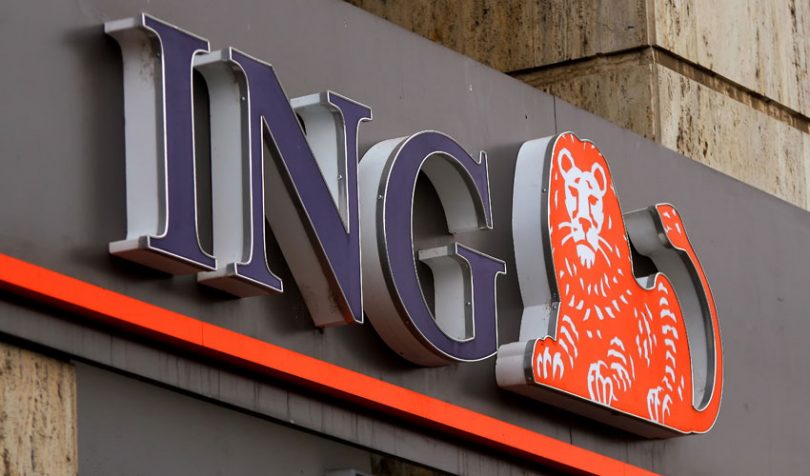Today Reuters reported that ING is working on a digital asset custody technology solution. The details were sparse apart from referring to native security tokens as well as asset-backed securities.
We reached out to ING for comment and the response sort of confirmed the story. It read: “ING, as an innovation leader on blockchain/DLT, sees increasing opportunities with regard to Digital Assets on both asset backed and native security tokens. ING is particularly active to further develop the technology behind digital assets to empower its clients with a compliant access to this emerging ecosystem.”
ING is one of the most active banks in blockchain, possibly even the most active. While many banks focus on top-level solutions, the Dutch bank has addressed blockchain at many levels. For applications, its emphasis is in two areas, commodities and trade finance, and particularly where the two overlap.
But unlike many banks, it has also been willing to delve below the surface and improve technologies relating to privacy and Zero-Knowledge Proofs (ZKP) in particular. And it’s conceivable that it believes this capability could also be leveraged for custody.
Despite the commodities and trade finance emphasis, it has involvement in other sectors as well. For example, HQLAX and the Deutsche Börse have just launched a securities lending platform, and ING is in the process of onboarding. Currently, the emphasis of that solution is on using existing custodians, and to do so, it has a process involving a trusted third party run by Deutsche Börse.
But as blockchain grows in adoption, all the existing models will be up in the air, provided organizations are willing to comply with current or evolving legislation.
ING is also an investor in Fnality, the company formed to bring the Utility Settlement Coin (USC) to life. The USC is based on central bank deposits owned by financial institutions, and one of its main applications is expected to relate to securities.
Trade finance and commodities
However, the initial focus of ING was on trade finance. One of ING’s biggest bets is as lead investor in TradeIX, the technology company behind the Marco Polo trade finance network. Given the business model is primarily transaction oriented, that could have a significant upside.
But ING is also one of the three driving forces behind the formation of commodities-focused trade finance platform komgo, alongside ABN Amro and Societe Generale. Plus the Dutch bank is a participant in the Letters of Credit consortium formerly called Voltron.
Turning to commodities, ING invested in VAKT, the oil post-trade platform that went into production almost a year ago. And it’s also a participant in ForecField, the metals post-trade platform announced more recently.
ING’s blockchain technology prowess
Meanwhile, ING has delved into the technology more than others. It’s an investor in R3 and was the first bank to make a major commitment by purchasing multi-year enterprise licenses. But at the same time, the bank also has an interest in Ethereum and JP Morgan’s Quorum which underpins both komgo and VAKT.
Two examples of ING’s technology prowess are its work on Zero-Knowledge Proofs (ZKP) for privacy and more recently extending that work to improve the notary service on R3’s Corda.
In 2017, the bank released its ZKP range proofs, so someone could prove they are over 18 without revealing their age. The year after, it developed Zero-Knowledge Set Membership (ZKSM) and open-sourced the solution. ZKSM allows a user, for example, to prove they live in the EU without sharing the specific country.
In the case of Corda, ING recently unveiled a solution that uses zero-knowledge proofs (ZKPs) to validate Corda transactions, so their contents can be kept private without compromising on safety.
Similar ideas could be applied to custody. Before a transaction, the seller could grant permission to the buyer to confirm that its custodian holds a sufficient amount of the security or asset unencumbered.
There are already multiple solutions targeting digital asset custody. Most have started with cryptocurrency because that’s the low hanging fruit. We recently interviewed Trustology which was started by former bankers and aims to target the institutional market.
One advantage ING has over third party solutions like Trustology is they already have the clients.
The article was updated with the ING statement.







